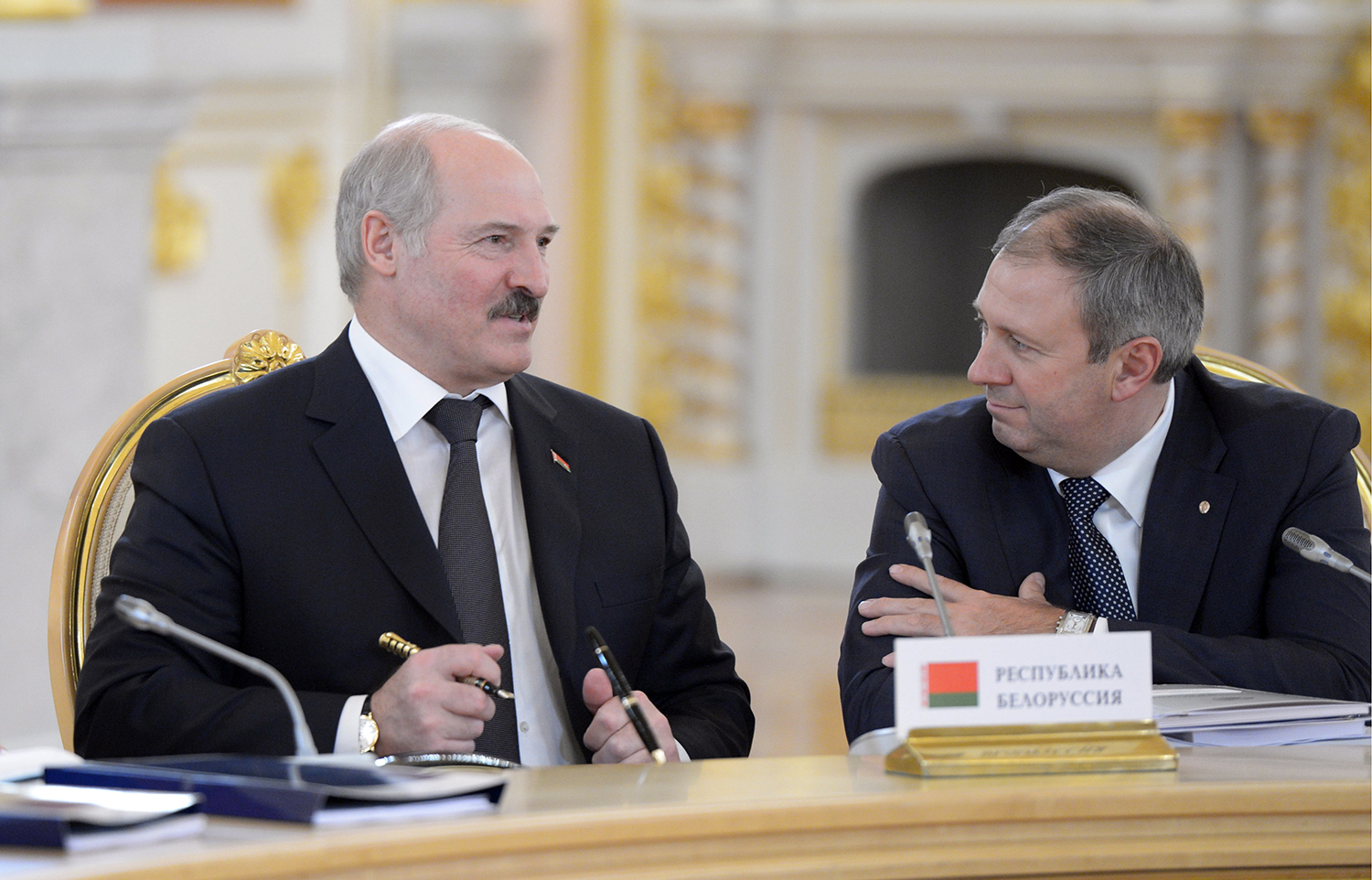The president curbed government’s market aspirations until after the elections
 The situation has not changed
The situation has not changed

The Belarusian leadership aspires to even out the regional socio-economic development through an increase in the state support for lagging regions during the pre-election period. The president divided responsibilities among the political, economic and power blocks before the electoral campaigns. In particular, Lukashenka ordered the government to focus on business and public sector management, rather than redirecting the existing economic policy towards market reforms.
The authorities aim to somewhat enhance the state’s social protection for residents of most troubled regions. In the next two years, the government aims to increase public spending in the regions which lag behind in socio-economic development. By doing so, the Belarusian leadership aspires to address the threat of growing social tension and possible social instability during the political mobilization of voters in the view of the parliamentary and presidential campaigns of 2019/2020. Having the same goal in mind, the government would increase social spending next year, including raising wages in the public sector, increasing pensions, and providing state support for large families in housing construction.
Last week, the president met with the presidential administration to outline its responsibilities in the coming years. After that, he clarified the scope of responsibilities and limits of the government’s independence in implementing the economic policy. He encouraged the government to interfere with the economic activities of public sector enterprises where necessary. Apparently, the president regards the government as performing technical tasks within the existing economic model, which in the coming years does not envisage structural economic reforms. In addition, the president is likely to be wary of the growing popularity of Prime Minister Rumas, on whom society is placing hopes for market transformations.
The authorities further implemented a combined approach in relation to their opponents. Security forces continued to detain, arrest and hand out heavy fines to independent journalists from Belsat, bloggers and protest activists in the capital and regions. Simultaneously, the authorities released activist Dmitry Polienko and authorized a traditional opposition rally on Dzyady (commemoration of the dead).
Law enforcers also continued targeted anti-corruption purges in the regions. For instance, in Pukhovichi district, law enforcers detained quite a few local high-ranking officials and businessmen.
Overall, the political leadership has resumed increasing social transfers to state employees and pensioners in the pre-election period. As elections draw closer, the government is also likely to put pressure on the public sector to ensure wage increases.
Subscribe to our newsletter




Situation in Belarus
Constitutional referendum: main consequences


 Video
Video
How to count the political prisoners: are the new criteria needed?


 Video
Video
Paternalism In Decline, Belarusian Euroscepticism, And The Influence Of Russia


 Video
Video












